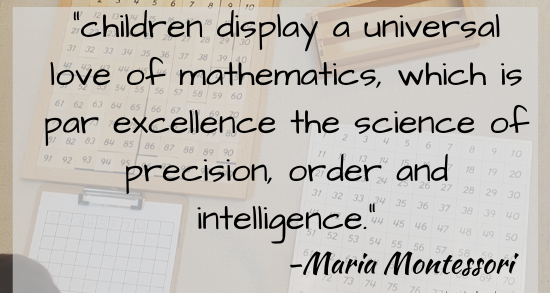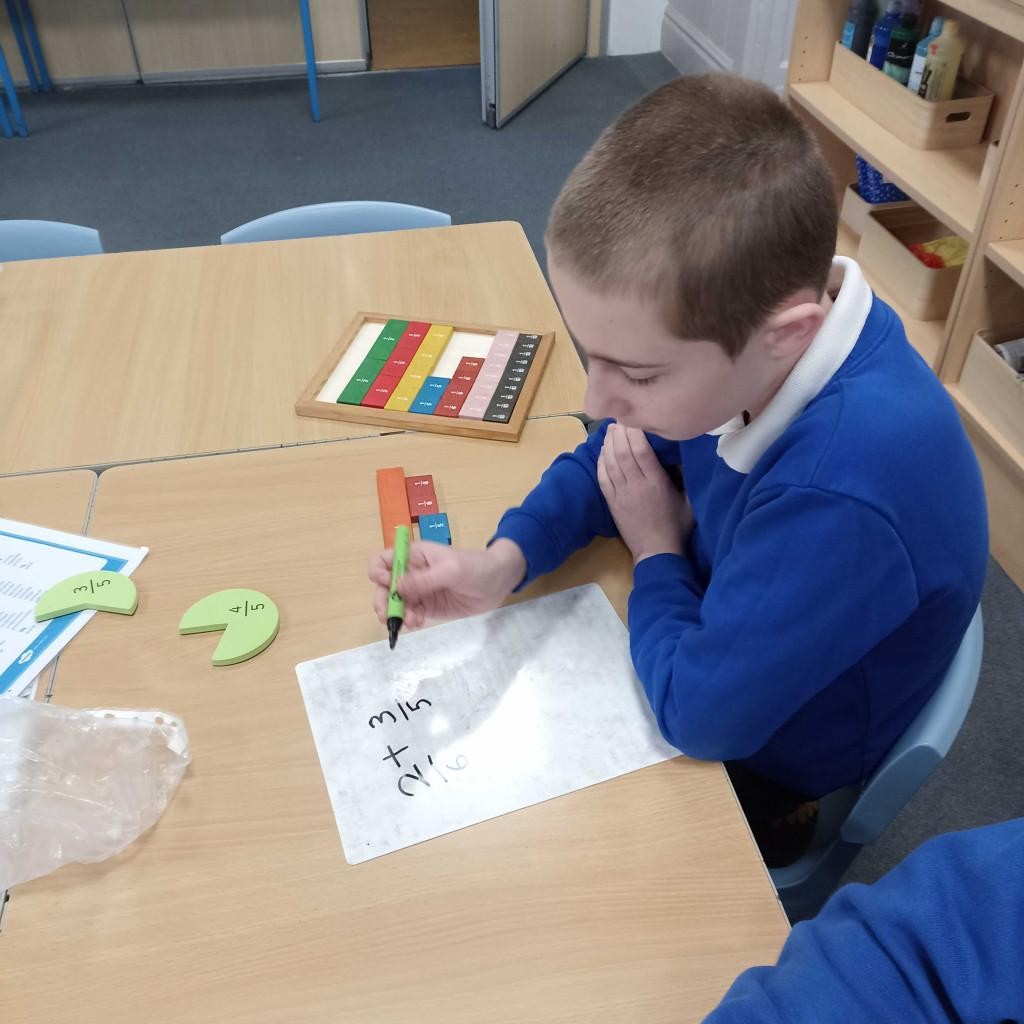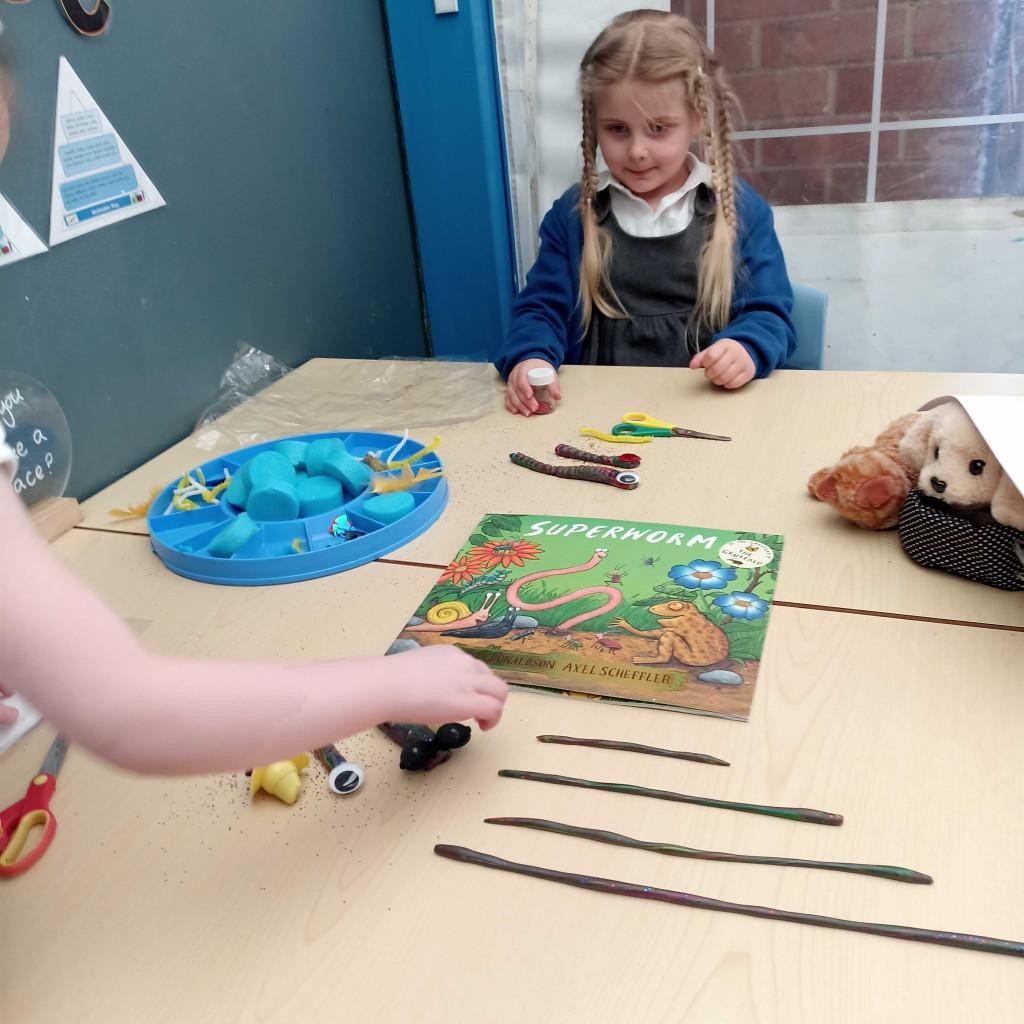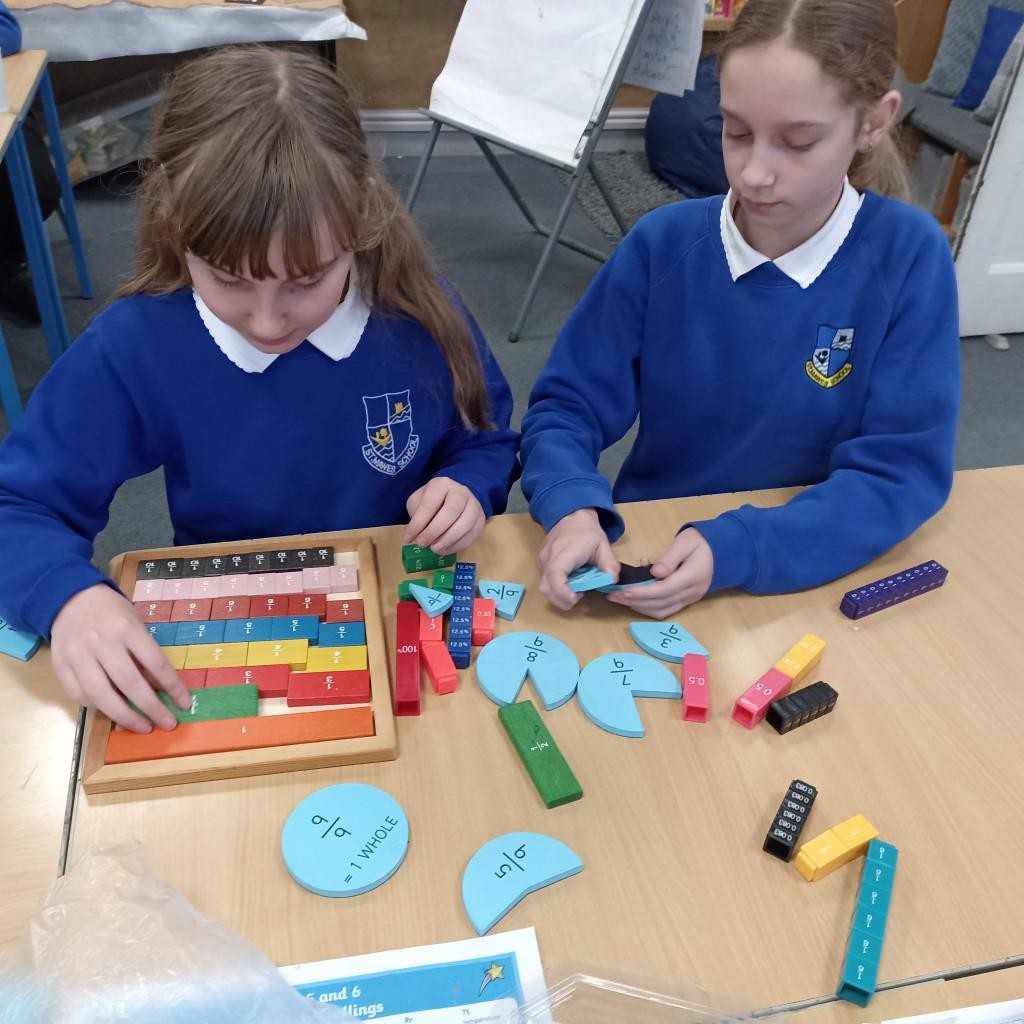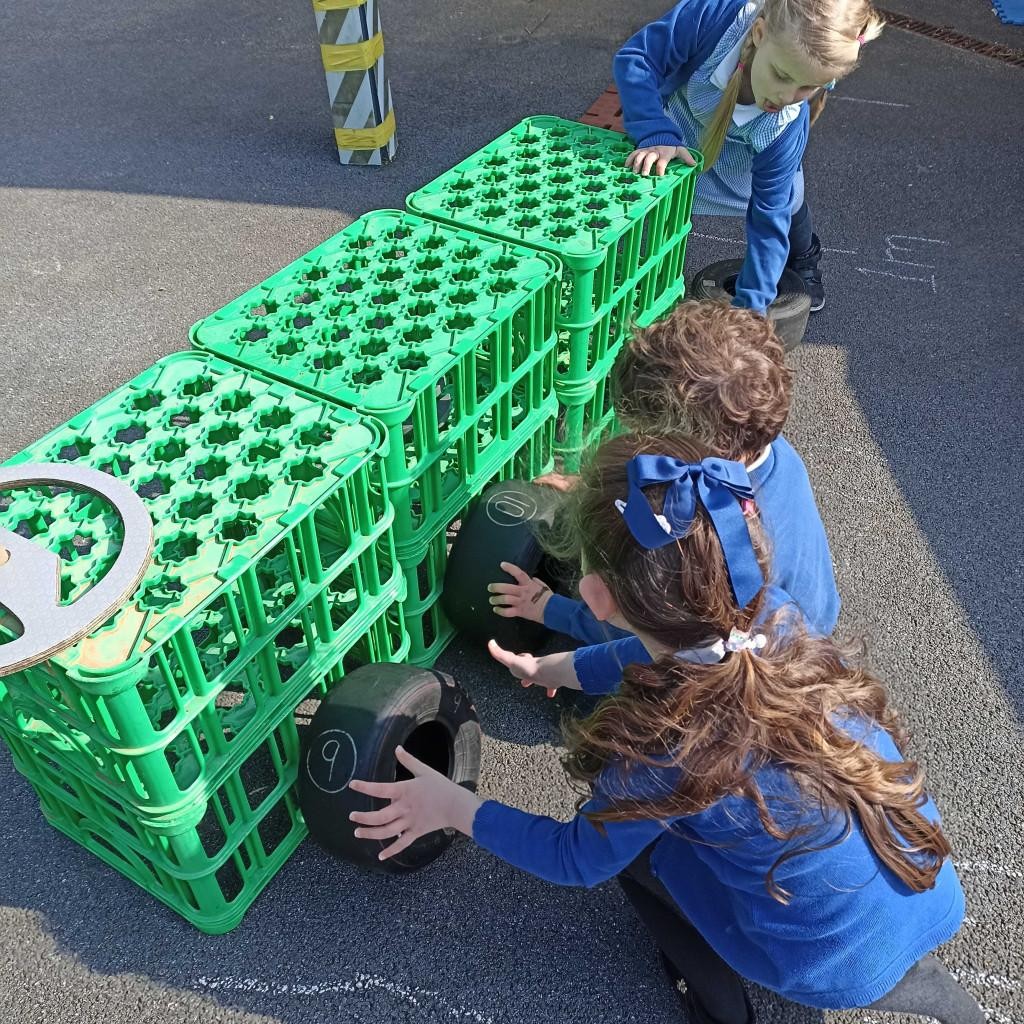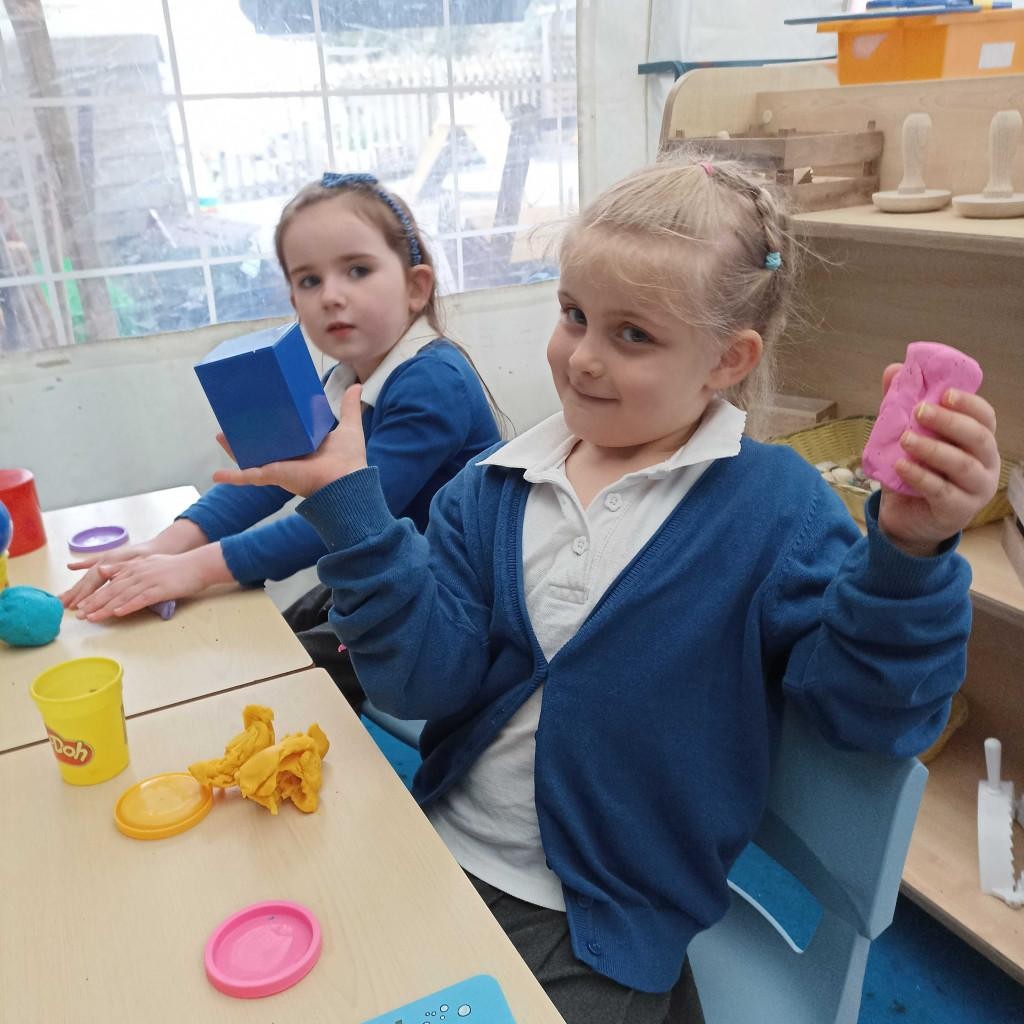At St Mawes we pride ourselves on our vibrant, broad and ambitious curriculum which has been developed in response to the needs of all our pupils and community. Our school empowers all children to embrace learning, achieve their personal best and build their emotional, social and physical well-being.
Our curriculum is underpinned by 3 main drivers, which are woven through and identified in the termly topic themes. Our drivers underpin the learning and experiences we undertake in all areas of school life and ensure our curriculum offer is enriched and personalised to our children and that it prioritises the things we want our children to experience.
These drivers are:
• Aspiration and Personal Development
• Mental Health and Well-being
• Environmental awareness
At St Mawes Primary we believe that a high-quality, mastery mathematics curriculum develops pupils' love of mathematics. Using the aims set out in the Early Years Framework and the National Curriculum, we ensure all pupils become fluent in the fundamentals of mathematics. Through varied and frequent practice with increasingly complex problems over time, pupils develop conceptual understanding and the ability to recall and apply knowledge rapidly and accurately. Children are encouraged to reason mathematically by following a line of enquiry, by making connections with taught concepts. They are taught to solve problems by applying their mathematics to a variety of problems with increasing sophistication, including breaking down problems into a series of simpler steps and persevering in seeking solutions.
By embedding a mastery approach to the teaching of mathematics, teaching and learning is consistent and will support pupils with their understanding and retention of core concepts.
Teachers embed concepts and promote deeper thinking through carefully planned questioning. Pupils are encouraged to explore mathematics in depth using mathematical vocabulary to reason and explain their thinking. A wide range of concrete, pictorial and abstract representations are used throughout the curriculum to aid conceptual and procedural understanding.
By teaching mathematics in this way, we aim to provide a curriculum which caters for the needs of all pupils and sets them up with the necessary knowledge and skills for them to become successful mathematicians through school and beyond.
Implementation
At St Mawes, we teach mathematics through the White Rose Maths Mastery Programme (R-YR6,). This is then enhanced by resources from the NCETM Mastering Number Programme (R, YR1 and 2), and Mastering the Curriculum for our Nursery children, enhanced by teacher knowledge, which has been designed to spark curiosity and excitement and nurture confidence in mathematics. This is built around a child‑centred lesson design that models and embeds a growth mindset approach to maths and focuses on helping all children to build a deep understanding of maths concepts.
To support retention of number facts, we use Number Sense Timestables, Sumdog, and TTRockstars.
EYFS
Within the EYFS Framework 2023, Mathematics is known as a ‘specific’ area.
‘Developing a strong grounding in number is essential so that all children develop the necessary building blocks to excel mathematically. Children should be able to count confidently, develop a deep understanding of the numbers to 10, the relationships between them and the patterns within those numbers. By providing frequent and varied opportunities to build and apply this understanding - such as using manipulatives, including small pebbles and tens frames for organising counting - children will develop a secure base of knowledge and vocabulary from which mastery of mathematics is built. In addition, it is important that the curriculum includes rich opportunities for children to develop their spatial reasoning skills across all areas of mathematics including shape, space and measures. It is important that children develop positive attitudes and interests in mathematics, look for patterns and relationships, spot connections, ‘have a go’, talk to adults and peers about what they notice and not be afraid to make mistakes.’
In our Nursery and Reception class, aspects of Mathematics are taught on a daily basis through: whole class/small group teaching, continuous provision areas and outdoor activities. Children have lots of opportunities to hear, discuss and explore mathematics- adults reflect upon learners’ requirements, interests and the ways they learn best, to support effective planning and provision.
We use Tapestry, our online learning journal, to record and track children’s progress and achievements in Mathematics against the ELGs. Children who need additional support are identified and interventions are put in to place when appropriate. Children’s progress within Mathematics is reported to parents through: settling in meetings, sharing learning journals and regular communication. In line with statutory requirements children are assessed against the Early Learning Goals for Mathematics at the end of the Reception year and this is reported to the LA and parents.
Planning
As a school we use White Rose mixed aged resources and structure when planning maths.. To embed concepts we also draw on resources such as the NCETM , NRich, Number Sense, TestBase and Learning by Questions to support effective undertsanding of Mathematics. We use curriculum overviews and curriculum maps to ensure comprehensive and cohesive coverage of the curriculum, ensuring children’s prior knowledge is built upon within a unit, year on year.
Teaching and Learning Expectations:
• Mathematics is taught five times a week: as a session each morning.
• Daily fluency happens through the use of NumberSense Timestables, Sumdog, TTRockstars - fluency questions focus on a variety of maths strands or may be specific to an area such as addition with a question based paper used to assess for gaps in understanding each week. Daily Times Table practise in year 2 and Keystage 2 with a weekly test.
• All children are able to access Mathematics. ‘Pupils with SEND benefit hugely from explicit systematic instruction and rehearsal of declarative and procedural knowledge.’ (OFSTED Research Review Series, Mathematics, May 2021.)
• All children have access to appropriate manipulatives and pictorial images as required but the teachers must plan for how children can move away from these as reliance upon these can hinder children’s progression through the curriculum.
• Teachers use curriculum maps to ensure comprehensive and cohesive coverage
• Teachers to balance introducing new content with pupils’ need to spend time revisiting content.
• Use of pre and end of unit block assessments ensure learning meets the needs of the cohort as well as individuals. Within a unit, learning is sequenced carefully to ensure content is embedded in pupils’ long-term memory.
• Strategies for solving problems are best taught and learned once pupils can recall and deploy facts and methods at speed and accuracy.
Classroom Resources
Classroom resources are available for all learners to access. Children are taught how to use them and are guided towards what resources might be useful; children can also select and choose independently during lessons. Resources link with our school calculation policy. Teachers plan for how children can move away from these as reliance upon these can hinder children’s progression through the curriculum. (OFSTED Review Series: Mathematics, May 2021.)
Below is a list of the resources which are permanently found in classrooms to support learners’ understanding.
EYFS: Various objects to subitise (loose parts), cubes, Numicon, dice, tens frames, board games, role play opportunites both inside and out.
KS1 classroom resources: Base 10, Place Value Counters – Up to 100, cubes, Numicon, dice, tens frames
KS2 classroom resources: Base 10 – including 1000s, place value counters – Up to 1,000,000, cubes, arrow cards, dice, Cuisenaire rods, Numicon, place value charts, multiplication charts.
The vast majority of pupils progress through the curriculum content at the same pace. Scaffolding is achieved by emphasising deep knowledge through carefully considered support, over the shoulder marking and, where possible, same day keep up intervention is used to embed concepts to ensure a secure understanding before building on prior learning.
Through the use of a Concrete, Pictorial and Abstract representations, a scaffolded teacher-led approach is then used to embed a deeper understanding of the key concepts taught. Children working at a deeper level of understanding are further challenged using problem solving challenges from e.g. White Rose 'Digging Deeper', Test Base, NCETM or our acronym SEA- show me, explain, add another example. This is used in children's books to encourage deeper thinking about their responses.
In order to ensure a deeper understanding of the mathematical concepts taught, key vocabulary is embedded throughout by engaging pupils in a vocabulary-rich environment. Children use a whole-school approach to broaden and deepen their knowledge of key vocabulary through ‘call and response.’
Through detailed medium-term plans, pupils are encouraged to make connections throughout their mathematical journeys, linking to the Ready to Progress materials from the DfE Teaching Maths in Primary school documents.
Regular assessment is carried out at the end of each unit through ‘End of Unit Checks’ (years 1-6). Termly assessment of mathematics is facilitated through White Rose summative and NfER tests.
Impact
The intended impact of our curriculum is that all pupils leave St Mawes having developed a love of mathematics with the key age-appropriate skills and knowledge necessary for the next stage of their learning. As a result of our carefully planned and skilfully implemented curriculum, we would expect the impact to be that pupils will:
- Have a positive perception of mathematics by developing a growth-mindset approach to mathematics
- Become confident, resilient mathematicians who are increasingly engaged in mathematics lessons
- Be able to confidently use concrete resources and visual representations to solve mathematical challenges
- Be able to make connections within mathematics, across other curriculum subjects and with the wider world
- Be able to use mathematical vocabulary to engage in discussions around mathematical concepts
- Achieve well in mathematical assessments so that pupils achieve the expected standard or above at the end of each key stage and make at least expected progress from their starting points.
Please click on the following link to find out more about White Rose Maths.
Advice and guidance for parents | White Rose Maths

